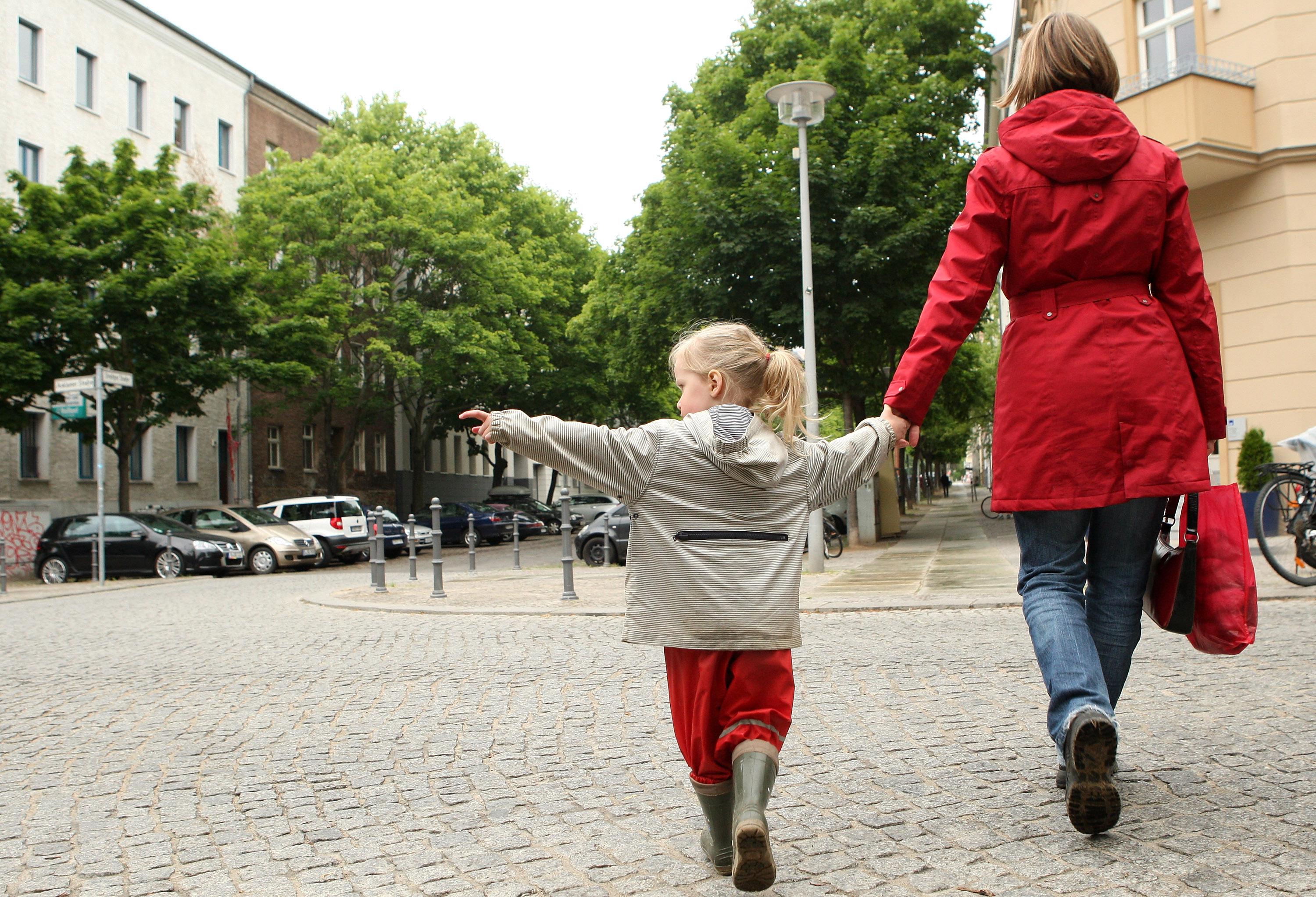For the past few decades, a backlash has formed to the rise of working women and non-nuclear families. We’re all familiar with the shape of this narrative, from the endless stock photos of sad white babies with overworked mothers to conservative hand-wringing about “fatherless” children (even though most actually have fathers they see quite regularly). This guilt-tripping has had a powerful effect on American parents. Both mothers and fathers spend more time with their kids than they did in 1965, with mothers upping the face time from 10.5 to 13.7 hours a week and fathers nearly tripling their time, from 2.4 hours a week to 7.2.
But does all this face time with the kids actually help them be smarter, kinder, healthier people? Brigid Schulte at the Washington Post reports that the answer is a big fat no. “In fact, it appears the sheer amount of time parents spend with their kids between the ages of 3 and 11 has virtually no relationship to how children turn out,” Schulte writes, “and a minimal effect on adolescents, according to the first large-scale longitudinal study of parent time to be published in April in the Journal of Marriage and Family.”
If anything, trying too hard to spend more time with your kids can backfire; one study shows that “parent time” around parents who are “stressed, sleep-deprived, guilty and anxious” hurts children. (For adolescents, the new study concludes, spending six hours of “engaged” time with one’s mother—say, eating dinner together or playing games—was correlated with less delinquent behavior.)
Contrary to all those stock photos of babies sitting woefully in briefcases, being an ambitious, professional woman is actually good for your kids. “In truth, Milkie’s study and others have found that, more than any quantity or quality time, income and a mother’s educational level are most strongly associated with a child’s future success,” Schulte explains. That’s because parents with money and education can expose their kids to more educational opportunities and feel less day-to-day stress than families in more economically perilous circumstances.
None of this is to say that you should neglect your children. But you shouldn’t stress out trying to make more time with your kids, especially if doing so makes you feel frazzled—kids can pick up on that stress and it wigs them out. The most important thing is creating a safe, supportive home, so you can stop worrying about hitting some minimum of face time.
